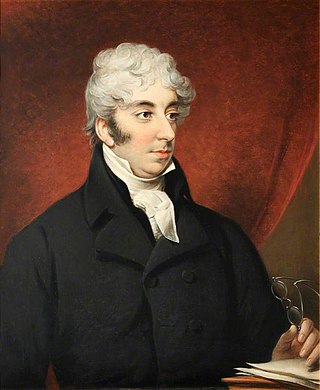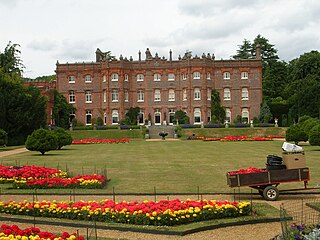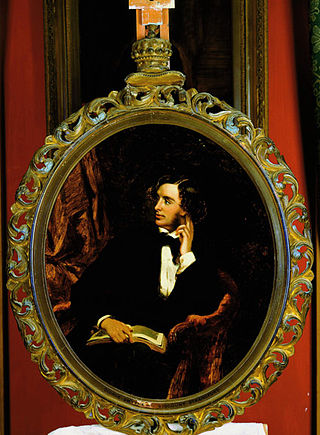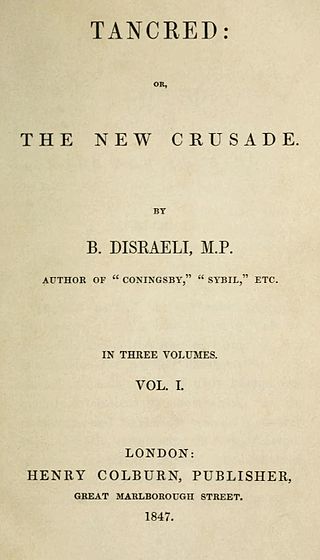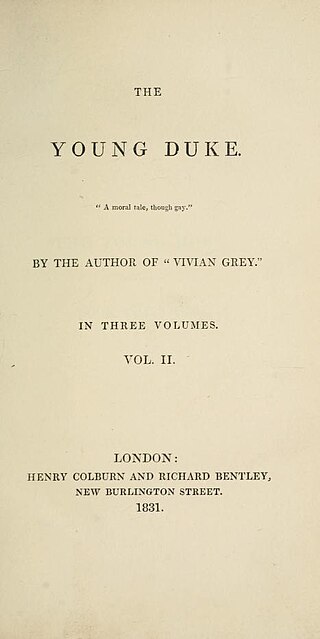Synopsis
Contarini Fleming is the only child of a "Saxon nobleman of ancient family" and his Venetian first wife. His mother dies giving birth to him and he takes his first name from the fallen Venetian dynasty of which she was one of the last members. His father Baron Fleming remarries and Contarini becomes withdrawn. On going to college, however, he develops an increasingly outgoing and popular personality on account of his wit before withdrawing again when he realises he wishes to become a great poet. Ruminating on his unhappiness with his first serious literary attempt, he meets a painter in the ruins of a gothic abbey. The painter gives him a book on the history of Venice, which reveals the former pre-eminence there of the Contarinis.

Contarini therefore resolves to run away to Venice but early on his journey is robbed of his possessions and takes refuge with a woodman and his wife. Their son has been missing for 15 years but returns that evening and turns out not only to be the Chevalier de Winter, a painter of international repute, but also the man Contarini had met in the ruined abbey.
Contarini returns home and discovers that his father is foreign secretary, thus inspiring him to become an international statesman. His father sends him to university where he again initially impresses, this time with his writing, before emerging as the ringleader of a rebellious group who eventually quit the university and set up their home in a disused castle in the middle of a forest. When their antics attract the attention of the police, they all decide to return to their former lives except for Contarini who carries on his travels. He soon meets Christiana, one of his childhood crushes, who is now a countess and stays with her and her husband.
When Christiana rejects Contarini after he declares his undying love, he returns once again to his family and becomes extremely successful as his father’s secretary. When the prime minister dies, Contarini helps to manoeuvre his father to power. As his secretary, Contarini now operates successfully on an international stage and also anonymously publishes a novel. As people come to realise he is the author, Contarini is increasingly embarrassed by this work and resolves to leave the country (an unspecified Scandinavian one). Before he can, however, his father sends him on a diplomatic mission to Paris, as a precursor to going on to England.
From Paris, Contarini diverts to Italy and goes to Venice where he meets and falls in love with his cousin, Alcesté Contarini. As the price for leaving a convent, she had been betrothed to a Venetian nobleman and so she and Contarini elope to Crete. There they are blissfully happy until Alcesté dies giving birth to a stillborn son. Contarini attempts to commit suicide but recovers and derives some artistic inspiration from his recent upheavals. He is, however, unable to satisfactorily convey this inspiration to paper and so suffers a nervous breakdown.
Having been in a catatonic state for some months, Contarini is visited by Winter who inspires him to travel and so he goes on a grand tour taking in Spain, Albania, Athens, Constantinople, Egypt, Syria, Jerusalem and parts of Africa. He resolves to settle in Cairo but on hearing news of his father's illness, travels home. En route he receives news of his father's death, accompanied by a letter from his dying father drawing parallels between their two lives. The novel ends with Contarini settling down in Naples, contemplating involvement in active politics.


